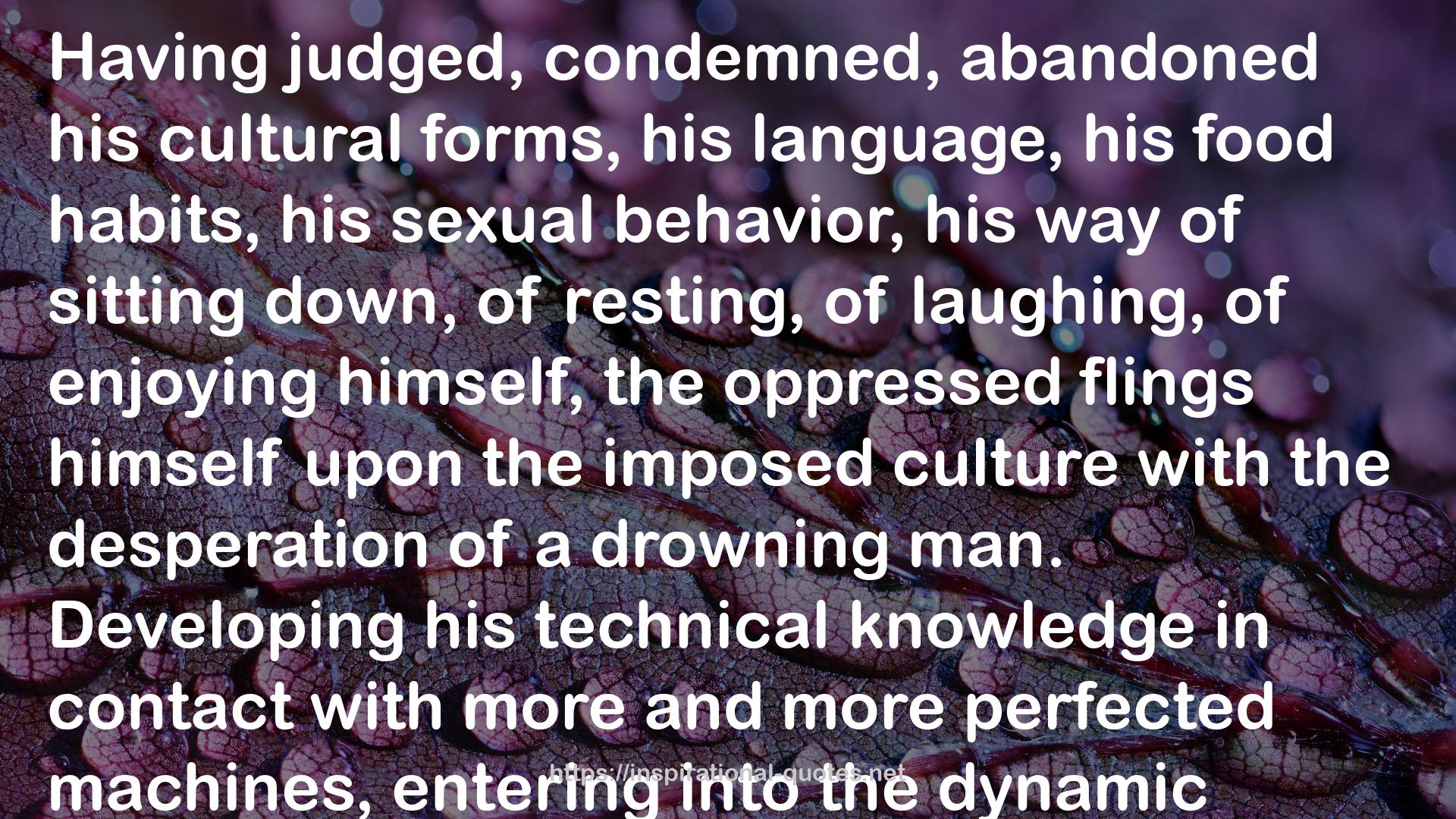Toward the African Revolution QUOTES
SOME WORKS
- Der Bajazzo
- MUERTE EN VENECIA, LA-MIRLO
- The Oxford Guide to Library Research
- Complete Thomas Mann - Buddenbrooks Verfall einer Familie Der Tod in Venedig Tonio Kröger Der kleine Herr Friedemann Tristan Königliche Hoheit Gladius Dei Schwere Stunde
- Königliche Hoheit
- Buddenbrooks
- Can't We All Disagree More Constructively?: from The Righteous Mind (Kindle Single) (A Vintage Short)
- Prescription for Peace: Sixty-Second Readings to Help You Build a Better Life

